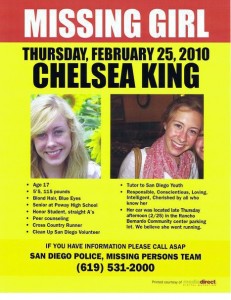Lawrence Lessig brings up a lot of ideas about intellectual ownership in his book Remix and I’d say I would have to agree with most of them. I mean after the information is out there who technically ‘owns’ the intellectual information? After all it is a little ridiculous how you don’t have to ask for permission to cite a quote but have to worry about copyright issues when using media clips for bigger projects. The whole reason someone is able to borrow a quote, is because they are using it in their own different context, for an entirely different purpose than it was originally meant for. The same is done with media projects like a mash up song; one might use a part of a song from a particular artist but you are usually using it in conjunction with other clips to create a new piece of music and not trying to take credit or profit from the original.
I guess the whole problem stems down to the issue of financial profit. After all you can borrow all you want from pieces of literary intellectual work for a piece of new written work because odds are you won’t be able to sell you work to make any money. However, if you do the same with media property, profit margins go down for corporations. Like Lessig, I agree that this is an outcome that is a consequence of a lack of policy to accommodate users in this new age of media. I mean at one point, the VCR was thought of as a pirating device. Now that is not the case, just as DVRs and mp3 players are no longer thought of as pirating devices, but devices that make the sharing and usage of media more convenient. While we might not see a compromise to this copyright issue anytime soon, I think that a gradual improvement will be made towards a more open policy for sharing information. Availability and usability of media technology is only going to get easier for society as time goes on, so it is natural that practices will change and evolve with the development of these new technologies.

